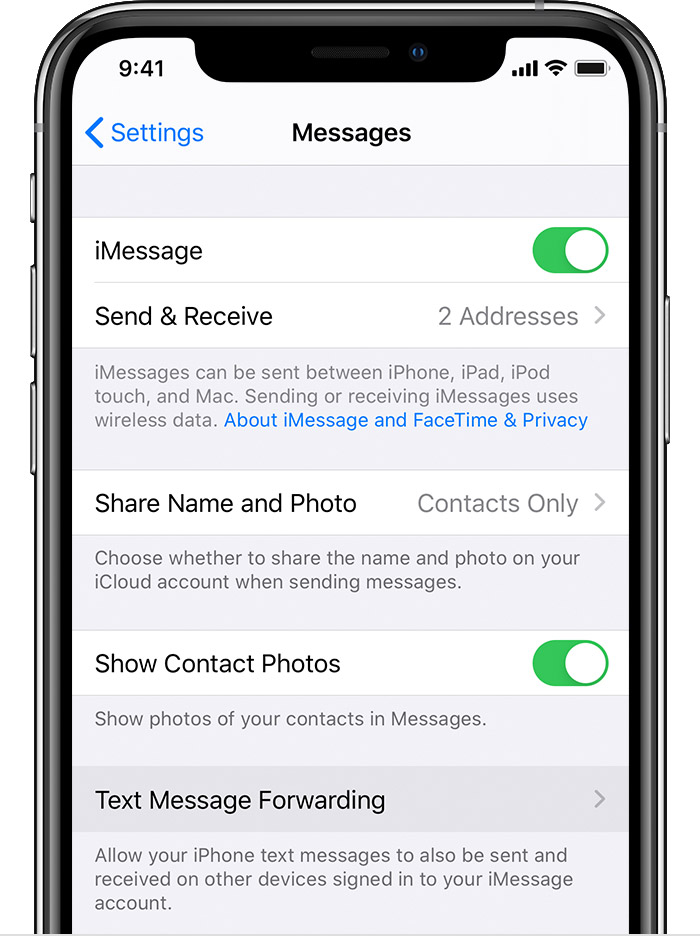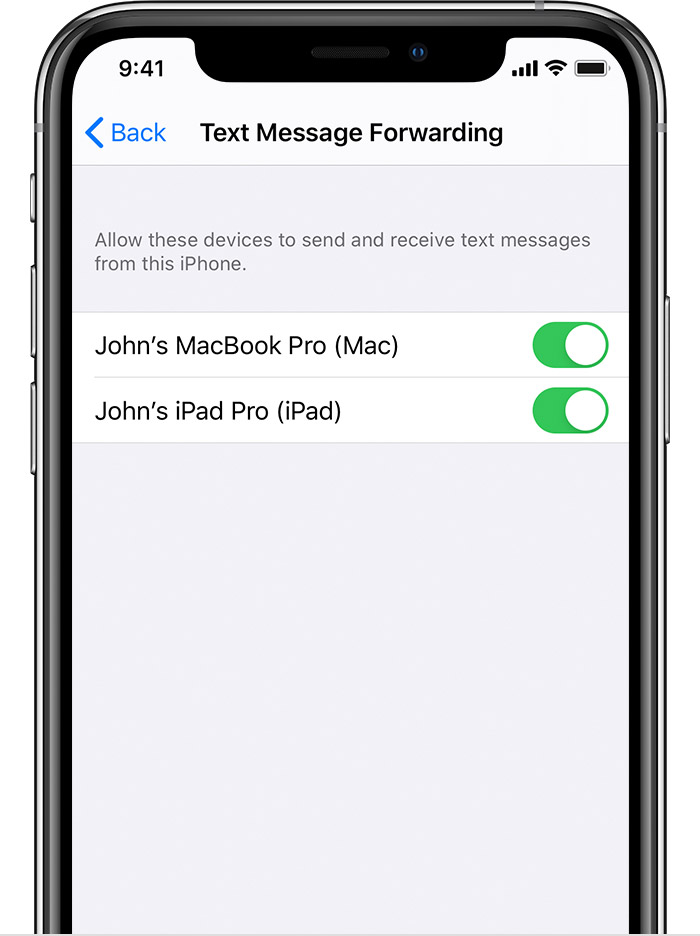calls on other devices
I turned off "calls on other devices" on my iPhone 12 Pro yet messages and calls still connect to my iMac and Macbook Air.. How can I get this to stop?
I turned off "calls on other devices" on my iPhone 12 Pro yet messages and calls still connect to my iMac and Macbook Air.. How can I get this to stop?
How did you turn off? What was the process?
With the limited information that you have provided, I had to guess the problems faced by you. Some of it can be understood by reading below
If you want to keep two iPhones independent of each other then best would be to have two different Apple IDs.
Otherwise, there are basically three types of sharing
iCloud Photos & Messages: iCloud now keeps your entire messages history updated and available on all your devices — even when you set up a new device. Learn how to keep all your messages in iCloud.


How did you turn off? What was the process?
With the limited information that you have provided, I had to guess the problems faced by you. Some of it can be understood by reading below
If you want to keep two iPhones independent of each other then best would be to have two different Apple IDs.
Otherwise, there are basically three types of sharing
iCloud Photos & Messages: iCloud now keeps your entire messages history updated and available on all your devices — even when you set up a new device. Learn how to keep all your messages in iCloud.


calls on other devices